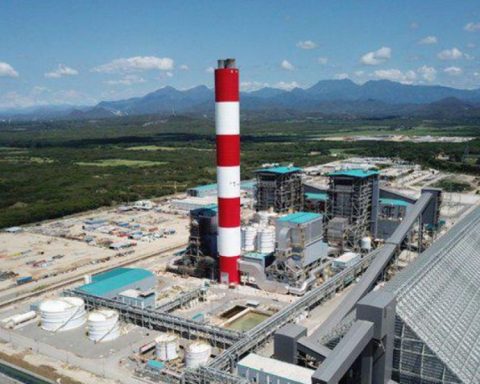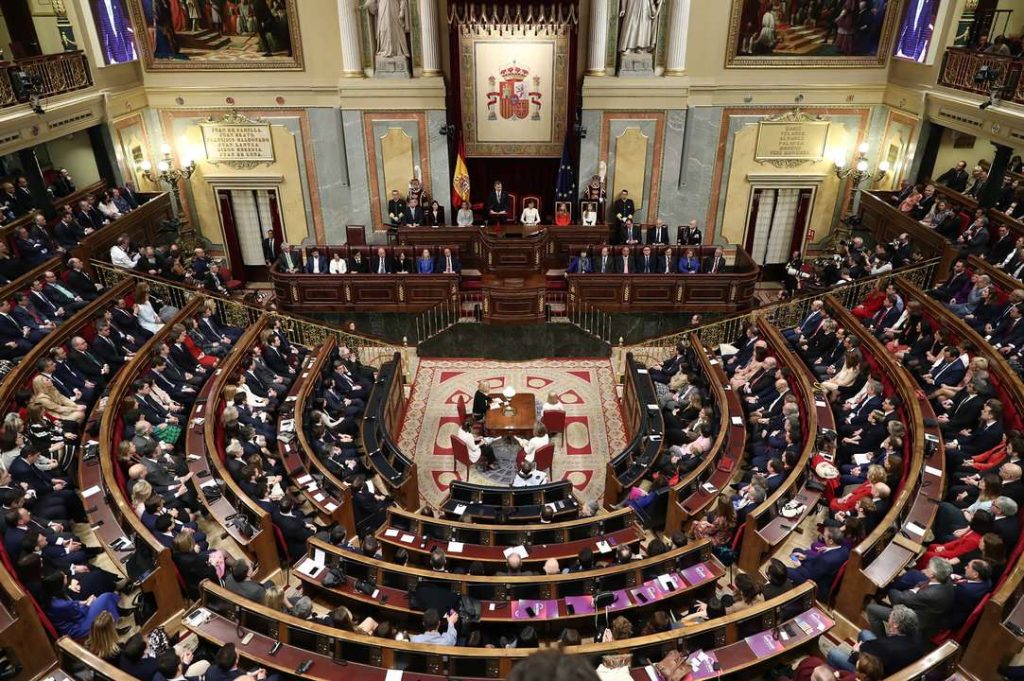Santo Domingo.-In the recent report Panorama of Public Administrations: Latin America and the Caribbean 2024, prepared by the Inter-American Development Bank (IDB) and the Organization for Economic Cooperation and Development (OECD), the Dominican Republic stands out for its progress in several key aspects of public governance.
The report, which assesses progress in public administrations in the region, places the country in a leading position in some critical areas, such as gender-sensitive budgeting and green budgeting, as well as highlighting progress in open government.
However, despite the progress made in the aforementioned areas, the country faces major challenges in terms of social inequality, climate change and distrust in the Government, with indicators that have deteriorated like the rest of the Latin American and Caribbean region.
Regarding progress in gender-sensitive budgeting, the IDB highlights that the country has implemented this approach in an outstanding manner, seeking to ensure that public policies and resource allocation promote gender equality.
According to the report, the Dominican Republic is among the countries that have integrated this approach in an advanced way, demonstrating a commitment to equity in various areas of its public administration.
Furthermore, in the area of green budgeting, the Dominican Republic is one of five countries in the region that has adopted this practice, which incorporates environmental and climate considerations in fiscal decisions. Along with countries such as Chile, Colombia, Honduras and Mexico, the Caribbean nation has implemented policies that align its fiscal resources with environmental protection, an important step towards long-term sustainability.
Open government progress
In terms of open government, the country has also made progress with the creation of digital platforms that facilitate citizen participation in public decision-making.
These platforms promote transparency and access to information, which strengthens democratic governance. However, the report notes that there is still work to be done to ensure that marginalized groups are better represented in these participatory processes.
Inequality
However, the document highlights that the Dominican Republic, like other countries in Latin America and the Caribbean, faces major challenges related to social inequality and vulnerability to climate change. It argues that despite progress in reducing disparities in recent decades, income inequality remains high, affecting social and economic cohesion.
Although the region has made progress in reducing inequalities in recent decades, the report highlights that the most vulnerable people in the Dominican Republic have been the most affected by rising prices, which has increased social and economic inequalities.
This problem is exacerbated by increasing exposure to extreme weather events, such as hurricanes and droughts, which disproportionately affect the most vulnerable sectors of the population.
He adds that these climatic events not only generate material losses, but also deepen poverty.
Improving trust in government
Report. A recent report by the Inter-American Development Bank and the OECD recognizes the Dominican Republic’s leadership and efforts in green budgeting, gender perspective and open government, but highlights important challenges in terms of climate change and citizen trust in government.
The report also warns of the need to improve trust in public institutions. As in other countries in the region, this trust has declined, reflecting a key challenge to the effectiveness of public policies. Only 36.3% of the Dominican population trusts its government.
*By Victor Bautista

















